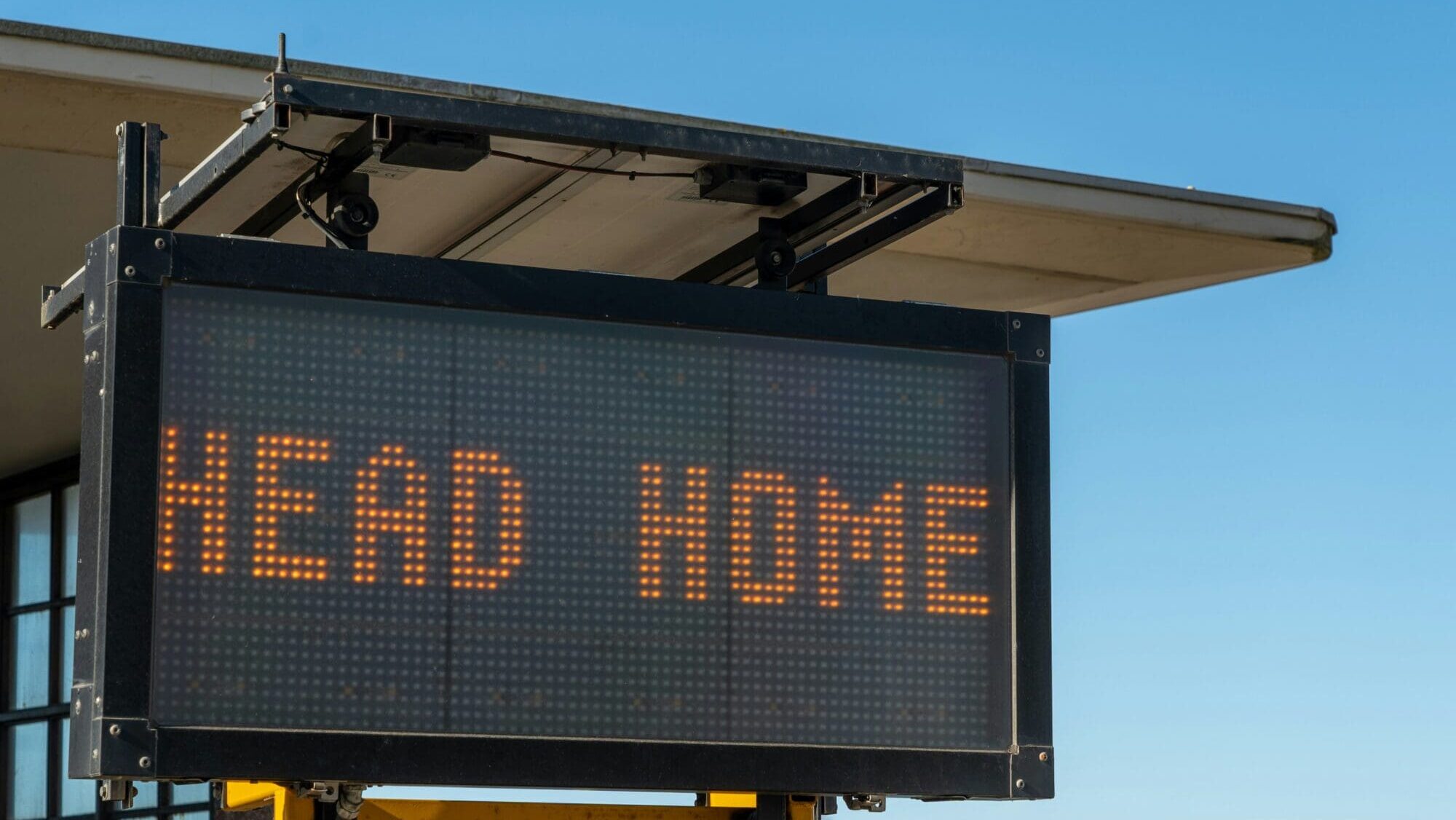
Photo: Nick Fewings on Unsplash
The first official report of the UK’s COVID Inquiry—which has cost the British taxpayer at least £300,000 (€355,000) a day over the last year—contains a number of predictable conclusions. Namely that the UK’s pandemic planning was riddled with “fatal strategic flaws” and, as reported in The Guardian, made all the worse by Brexit and Conservative austerity measures.
But, rather unexpectedly, it is also fairly critical of the policy of locking down the country for months on end—or, indeed, at all.
While lockdown sceptics have generally presumed that the Inquiry, chaired by Baroness Hallett, would ‘find’ ministers should have locked the country down sooner, it actually claims that “the imposition of a lockdown … should be a measure of last resort.” Even more extraordinarily, it accepts that
There are those who would argue that a lockdown should never be imposed.
In her introduction to the Inquiry’s first report, which covers “the resilience and preparedness of the United Kingdom,” Baroness Hallett also offers a frank reflection on the costs of lockdown:
The life of the UK was severely curtailed as the majority of its citizens were confined to home. Almost every area of public life across all four nations was badly affected. The hospitality, retail, travel and tourism, arts and culture, and sport and leisure sectors effectively ceased to operate. Even places of worship closed.
Levels of mental illness, loneliness, deprivation and exposure to violence at home surged. Children missed out on academic learning and on precious social development.
Responding to the document for UnHerd, Toby Green wrote that while “Baroness Hallett’s full report contains remarkable criticisms of the government’s preferred lockdown policy, which was also adopted across the world,” the “initial media reactions have barely anything to say about the report’s conclusions on lockdowns.”
Green added that regardless of its coverage, the “real story of Hallett’s report is not that the UK was prepared for the ‘wrong pandemic,’ but that it resorted to a hitherto-unimaginable policy [lockdown], on no evidence-base, where the risks were not fully assessed.”
Will Jones, editor of the Daily Sceptic (formerly Lockdown Sceptics) agrees that those critical of the lockdown policy “should be grateful there is any sense of that [lockdown scepticism] at all given how the hearings [for the Inquiry] went.”
At least eight more reports are expected to be produced by the Inquiry.
